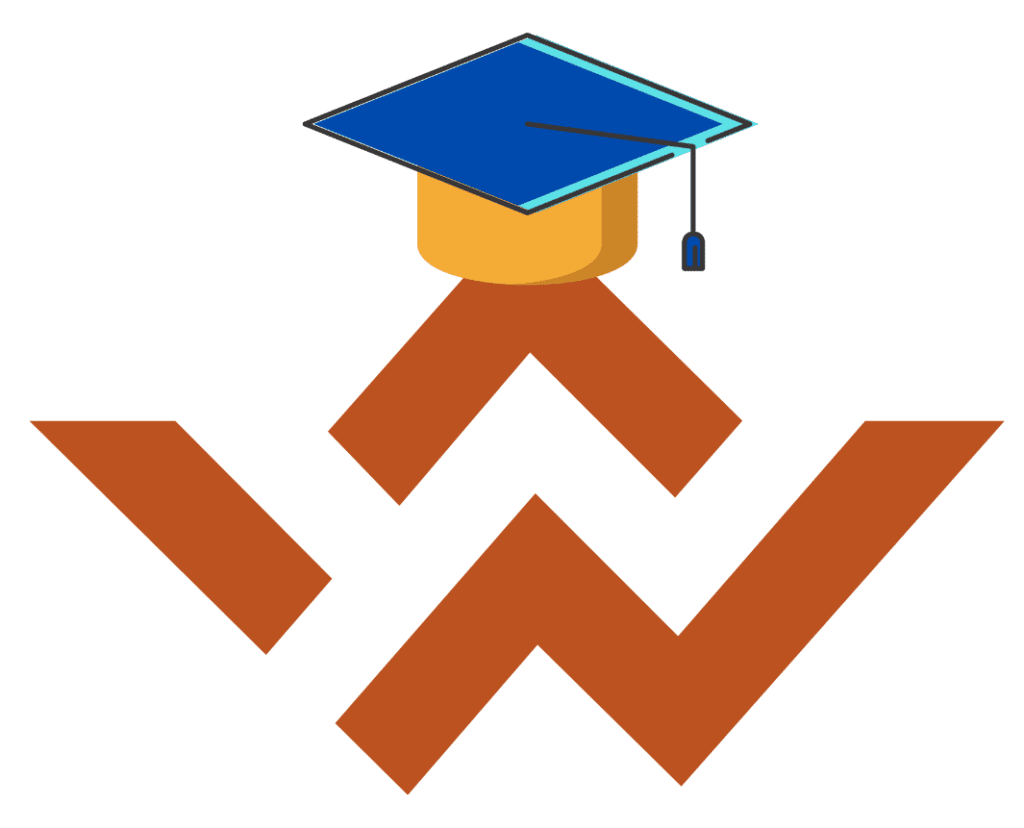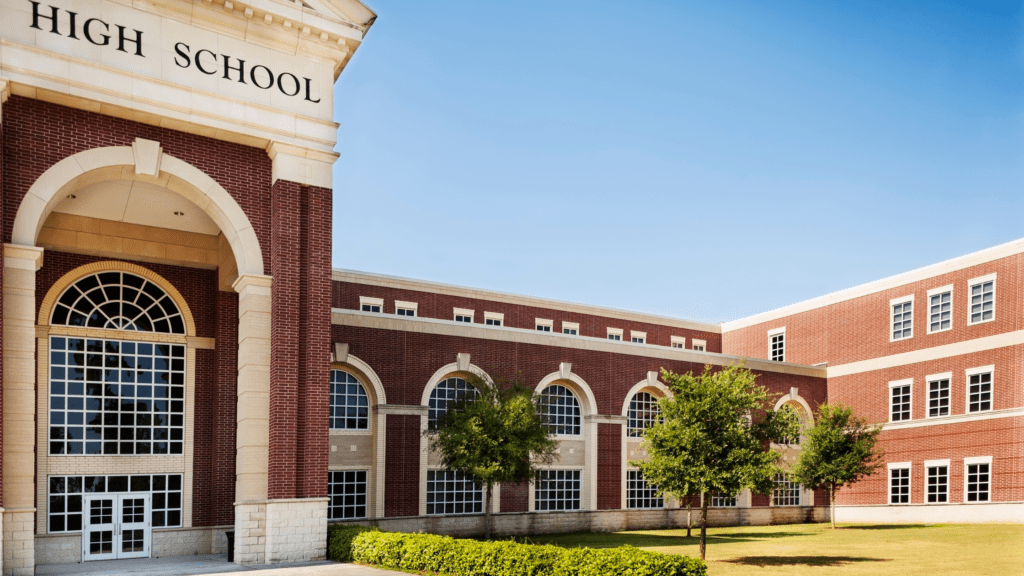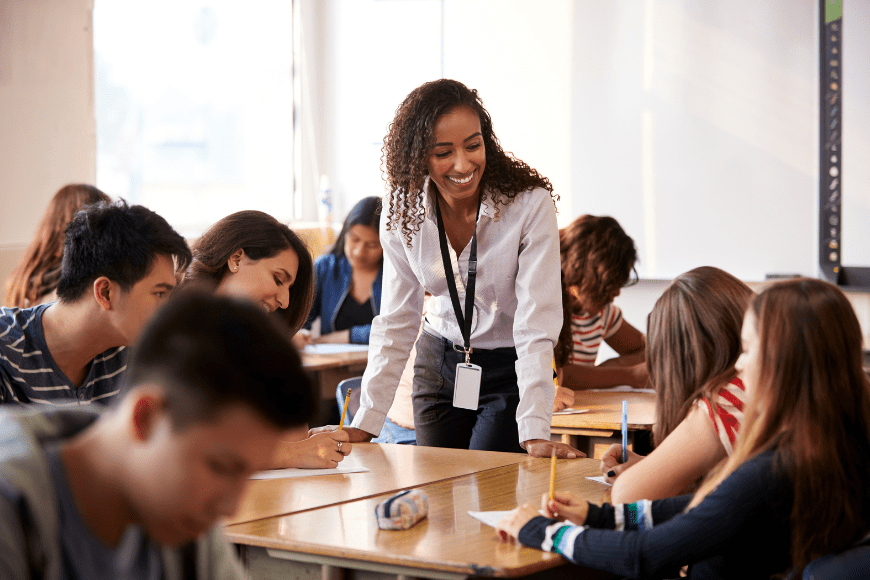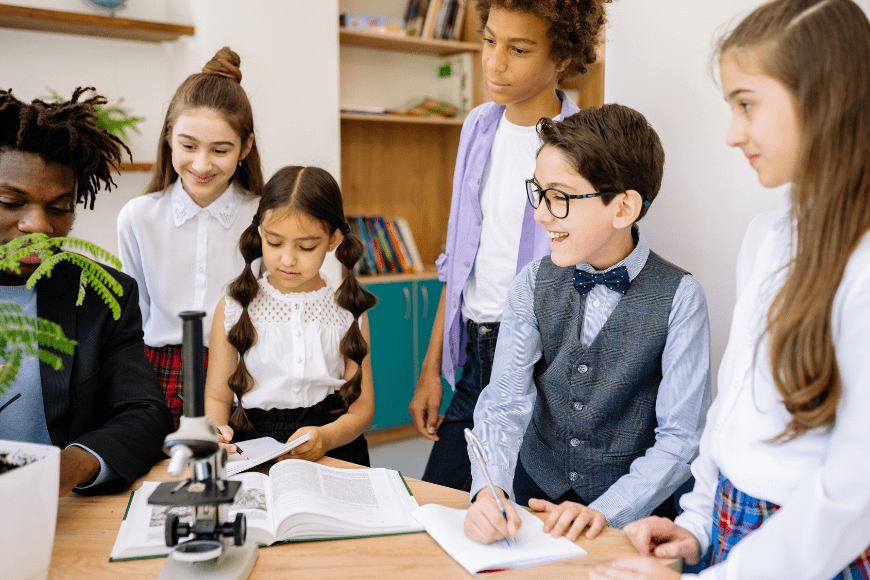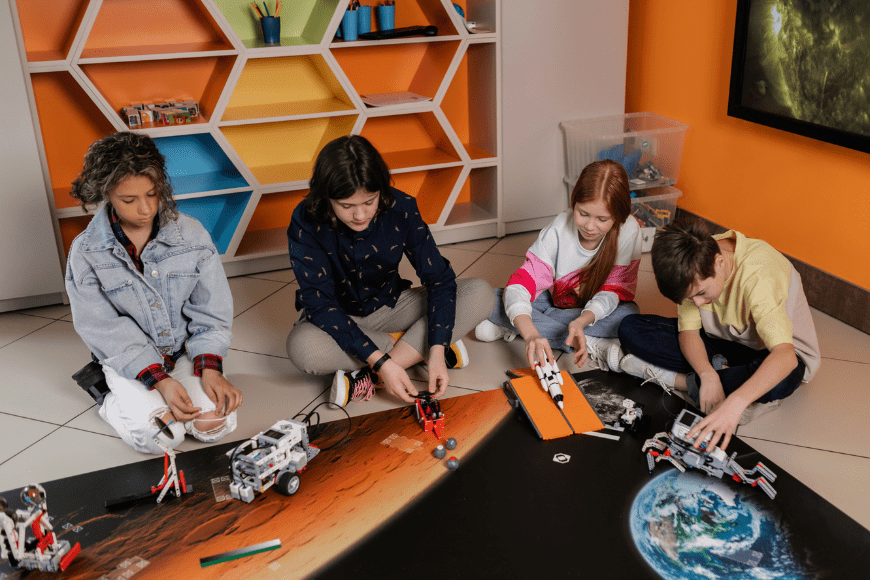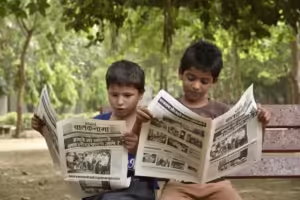Montessori students are often seen as being ahead of their peers in terms of academics. They are often more confident and independent learners.
A recent study conducted by the National Center for Montessori in the Public Sector (NCMP) found that Montessori students do better than their peers in high school. The study also found that Montessori students had high levels of self-esteem and a strong sense of independence.
According to the NCMP study, Montessori students were more advanced in math, language arts, and social studies than their public school counterparts.
Montessori schools have a reputation for being both academically rigorous and creative. in their approach to learning, and some have “the highest rates of college matriculation. “A review of the literature on Montessori schools found that these schools tend to achieve higher student achievement levels in comparison with public school students.
The report noted that from an academic standpoint, this is due to Montessori’s distinctive pedagogical philosophy. The philosophy means that the child is not a receptacle for knowledge but participates in “creating” their own knowledge. In this way, Montessori education also helps to develop children’s creativity and social skills by teaching them how to solve problems collaboratively.
How do Montessori students do in high schools?
Montessori Secondary School programs prepare teenagers to become contributing citizens who are self-confident and possess the skills that will allow them to thrive in society through rigorous academic studies and purposeful work.
The adolescent stage has different needs than that of the elementary. Teenagers in high school must add to self-confidence and should learn the skills that would help them grow into responsible adults and smart citizens. Continue reading to know the concepts of how does Montessori students do in High School. Montessori students are often seen as being ahead of their peers in terms of academics. They are often more confident and independent learners.
Montessori Secondary Programs
Montessori Secondary projects coordinate thorough scholarly examinations and arduous studies with thoughtful work. This help the teenagers to grow as responsible citizens with self-confidence. Such adults contribute their good to society and are able to thrive in the world quite well. They have abilities expected to flourish through the modern and constantly changing system.
Montessori Secondary Programs work with the formative embodiment of teenagers to assist them with fulfilling, imperative lives. The Montessori approach helps teenagers to respond properly to development changes that include:
- Physical Changes: teenagers need to adapt to the changes happening within them – the neurological ones as well as the physical ones.
- Emotional Changes: adolescents need to understand their emotions rushing up and down including self-awareness and criticism. The peer pressure starts building and the teenagers need to concentrate on goals.
- Social Changes: At this age when teenagers are no longer kids and yet to transform as adults, it becomes difficult to adjust to social identity. They tend to seek harmony with themselves and crave freedom and independence. They are anxious about human welfare and pride.
- Cognitive Changes: As the age grows the students of this age group usually think about the reasons and logic. They develop to debate to create a better understanding.
The Secondary Environment Prepares children for High School
The Montessori classroom setting is distinctive. This program is designed in such a way that helps the adolescents learn to manage time, practice strong decision-making, and have good coordination among a group. This advancement of free self-administration is critical to prevailing in advanced education and adulthood. A teenager learns to adapt to the changing scenarios in life and personal things as well.
Additional modules of the Montessori Secondary curriculum include:
- A community and grouping program that allows the teenagers to know teamwork and develop leadership qualities.
- Natural upbringing and experimental studies help an adolescent have regard for the individuals and the environment.
- The students under the Montessori program also learn to understand financial knowledge through various practical methods of encountering business advancement.
- Usually, in Montessori days students follow a practical approach to study through peer-to-peer or through student-educator communications.
Multi-Age Groupings
In Montessori Secondary Programs, students are commonly grouped in 2- or 3-year age buddies. For example, a school might offer grades 7–8 (Middle School) and grades 9–12 (High School).
Such kinds of groupings help teenagers learn and coordinate in a group and also offer leadership learning. Problem-solving, encouraging different ideas, generating thoughts in groups, and adapting to different styles are a few more things that are learned through the community or the grouping programs.
An adolescent learns to grow compassionate and respectful of others. These kinds of multi-age groupings also help the students to appreciate the differences in ideas and thoughts.
Uninterrupted Work Periods
During a day at Montessori Education, there are uninterrupted learning periods. Approximately 2 hours are spent on core subjects such as language, science, math, arts, and other learning subjects. This kind of adjustment in learning helps the students to foster concentration and allows diving deep into the subject. Simultaneously, they also learn to do collaborative work in teams.
Montessori and Adolescence
As adolescents transform from kids to adults, they need to have an environment that helps them explore and grow. The educators for such a group of students should be accustomed to and in agreement with the environment these teenagers require. A thoughtful upbringing could transform the students into well-groomed adults.
Many studies were conducted recently to understand the uniqueness of Montessori Education and as per the stats from NCMP – National Center for Montessori in the Public Sector the students who have done their education in the Montessori environment can do much better than their peers from other environments. Montessori students have higher confidence and a sense of freedom.
Not only this, the Montessori students are well advanced academically, too. As per the Montessori education pattern, the students are grown both arduously and creatively. The students are resourceful and productive in high school.
How does Montessori education train children for real life?
Montessori fulfills the need for an adolescent to grow up as a responsible social adult who knows the correct way to do the service and fulfill the responsibility toward society. The students in the Montessori Environment are given the freedom to explore the different cultures, values, roots, and philosophies.
Such kind of setting helps the teenagers understand the change and they have the capability to adapt to it quickly and set the pace. Experimental learning allows the students to know their own strengths and develop their own plans where they can set their goals and have the capacity to fulfill them.
Supporting Adolescent Well-Being
Dr. Maria Montessori, the founder of the education system that bears her name, believed in giving adolescents the opportunity to experience self-worth through real and important work—a process she called valorization. The Montessori Secondary curriculum provides the opportunity for adolescents to realize they are strong, worthy, and capable of effort.
The Montessori programs are designed to let the student explore their imagination and creativity to bring it to practical use. At the end of the program, a student should become a responsible, independent, thoughtful, compassionate, problem-solver, and social adult. The student should be respectful and a good contributor to society.
Isn’t this exactly what you want for your child’s teenage years?
